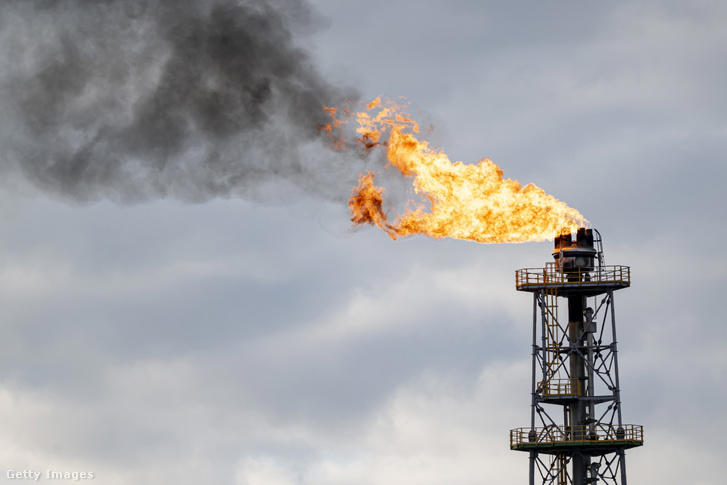
Culture Minister Owen Bonnici on Tuesday condemned River of Love pastor Gordon Manche for abusing and citing criminal law instead of pursuing civil remedies against artists who made comments in his regard.
During the second reading of the legal amendment which seeks to protect artistic expression, Bonnici highlighted the importance of denouncing criminal charges faced by three artists who were expressing their views about the pastor.
The motion was later passed with a unanimous vote and will go for a third reading.
Manche had filed criminal complaints to the police against satirist Matt Bonnano, stand-up comedian Daniel Xuereb and Teatru Malta artistic director Sean Buhagiar, who were all questioned by the police on comments in Manche’s regard.
Bonnici said that Manche was weaponizing the provisions of the criminal law against the artist. He said that despite his disagreement, he would have understood it was a matter of a civil nature had Manche resorted to seeking civil action against the aforementioned artists.
Bonnici quoted several references by renowned authors who influenced the world with their work and said that government wants to stop the misuse of criminal law to stifle artistic expression.
He said that government is standing behind artists who have the right to exercise their role in a democratic society, adding that taking artists to court as if they were criminals, simply for doing their jobs, was a red line that must not be crossed.
Bonnici also said that there were three key aspects of the amendments proposed by government.
Legal protection would be granted when the artist’s expression is made in an artistic context, to make a distinction between non-artistic interactions such as arguments in public spaces and artistic expression.
Insults would also only be tolerated as long as they do not pose a “credible and realistic” threat to the offended person’s freedom or personal safety, Bonnici said.
He continued that the amendments of this law would not overshadow separate legal provisions on hate speech, which would remain intact to prevent the promotion of hatred of violence based on gender, religion or sexual orientation.
“Never before have Maltese artists benefited from a wide liberty of artistic expression as today,” Bonnici said.
PN MP Julie Zahra said that the PN agrees, and will vote unanimously in favour of the amendments to be implemented into law, appealing to government to accept a few amendments proposed by the PN to further strengthen the law, as well as to avoid the incorrect use of the law against artistic expression.
She said that instead of limiting artistic expression to satirical and comedic comments, it should be amended to include all artistic or cultural expression of any form, to avoid any instance of different interpretations of the artistic expression.
Zahra said that the police should only resort to taking the matter to the courts only in extreme cases, and that dialogue on guidelines for the police as well as all stakeholders should be made, so that this is addressed.
She said that artistic expression must be taken into context, and it is also not a license for someone to say whatever they wish under the pretence of artistic expression, but artists have the right to express themselves always, even in difficult circumstances.
PN MP Mark Anthony Sammut also suggested that parliament should consider the outright removal of insults as an offence from the Criminal Code in line with jurisprudence of the European Court of Human Rights which insisted freedom of expression should also mean the right to offend.
Sammut said that not only were the three artists’ artistic rights were breached, but also their fundamental human rights as persons.
“Everybody’s right to freedom of expression should be protected and not just that of artists, or artistic expression,” Sammut said.
He also referred to certain arguments floated in the public domain that the police are obliged to proceed with criminal action if a complaint is filed.
“This does not make sense… the police have a duty to investigate but if they find the complaint is frivolous it should be dismissed outright,” Sammut said.
Sammut slammed Bonnici for ‘acting as a defender of artistic expression,’ when Bonnici himself was found guilty of removing tributes on the Daphne Caruana Galizia memorial and tried to censor messages and freedom of expression.
He said that it was ironic that Bonnici was then appointed as responsible for public broadcasting, which has also been found of censoring or lacking in reporting all parties’ media, but rather focusing on government.
In his closing speech, Home Affairs Minister Byron Camilleri said that art without the artist’s freedom of expression is not truly art, as where would the artistic expression be if it was limited.
Camilleri said that the police should not allow themselves to be a tool of whoever wants to abuse the provisions of the law.
He said that it was crucial for government to come to the table and legislate, adding that artists have welcomed the proposed amendments to the legislation, agreeing also with those that have remarked that it should not have been necessary.












